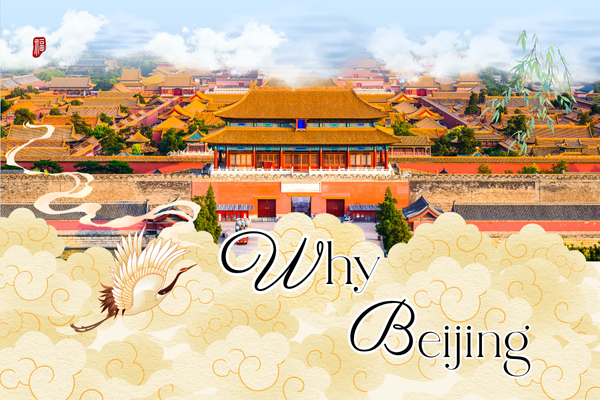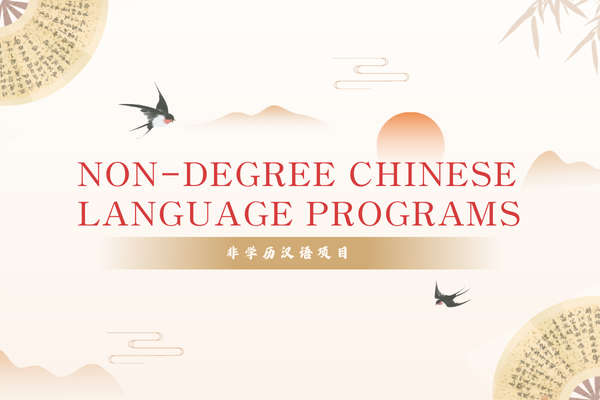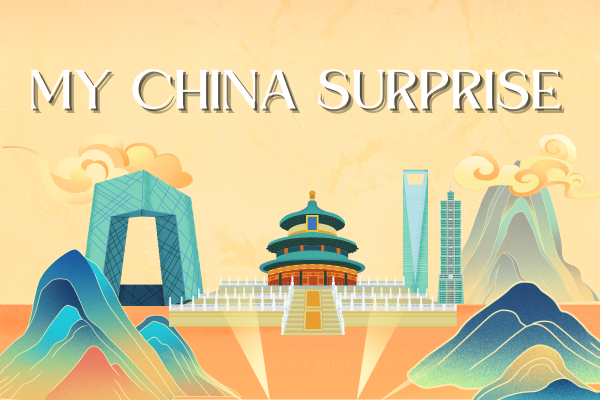《SISUers taking actions to turn pollutions to solutions》
Name:Jiao Junpeng
Nationality:China
University:Shanghai International Studies University
Tutor:Liu Jia
When my friend Daniel and I were having breakfast yesterday, he asked me, "Do you know your breakfast is costing the earth?"
Staring at the food in my hands, I was genuinely surprised. How could my humble morning meal contribute to any harm -- I'm just having some coffee and a ham sandwich bought from a convenience store. He then explained that the wrap which keeps my sandwich nice and fresh is made of plastic, as is this coffee cup.
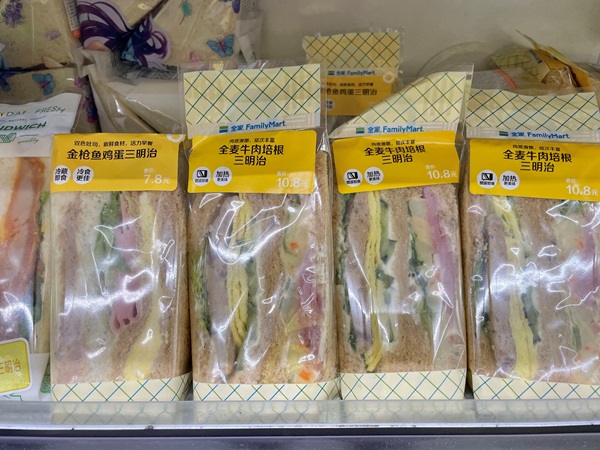
Unlike my choice of buying pre-packaged sandwiches to eat on the go, Daniel usually makes his own breakfast. Even when he is pressed for time and needs to purchase it from a convenience store, he ensures that he brings along a glass container in which he requests the store clerk to put the food. As for yesterday, he came prepared with the container to pack some oden in the convenience store.
Daniel is one of the SISU students who are determined to change their lifestyle to combat packaging pollution, which refers to the environmental impact caused by the production, use, and disposal of packaging materials.
Discussions around packaging pollution often stir heated debates. Consumers who prioritize the environment advocate for minimal packaging, ideally fully recyclable options. In contrast, some manufacturers argue that overly minimal packaging can lead to product damage and a higher theft risk.
But is it really necessary to put a mango in a gridding pearl foam and then in a thick plastic box? Or, better yet, send a package filled with excessive packaging materials like bubble wrap, styrofoam peanuts, and plastic air pillows?

The students of Shanghai International Studies University (SISU) have voluntarily initiated various measures to tackle the issue of packaging pollution.
Many SISU students start their day with a cup of coffee. When purchasing coffee from the Starbucks outlet near the campus, they bring their own mugs. That's partly because Starbucks offers a 4-yuan discount if a customer brings his own cup, but what the students really care about is less packaging pollution.
Some environmentally conscious SISU students have also expressed their preference for coffee shops that have similar bring-your-own-mug policies, such as Starbucks, Tims, and Manner Coffee (one of the largest coffee chain brands in China). They actively choose these brands over others, like Luckin Coffee, even if the latter may offer slightly cheaper drinks.
Daniel is happy about SISUers' "coffee habit" but he is more concerned about the packaging pollution caused by the takeout industry.
A report released by the China Internet Information Center shows that as of December 2022, the scale of online takeout users in China reached 521 million, accounting for 48.8% of Internet users. The rapid growth of China's food delivery industry is flooding the country with countless disposable takeout boxes and plastic cutlery.
One notable reason for the increased use of plastic tableware is that some customers may complain if they do not receive cutlery with their orders. To avoid negative comments, businesses prioritize convenience over sustainability by providing cheap plastic utensils.
It was raining heavily last Saturday, and I was unwilling to go out for dinner on such a rainy day, so I ordered a pizza on Meituan. I opened the plastic bag to find the pizza was packed in a plastic box with a set of plastic cutlery comprising a fork, a knife, and even a spoon and a pair of chopsticks. I don't understand why a pizza comes with a spoon and a pair of chopsticks. It's a huge waste of plastic.
Disposable packaging materials are very common in people's daily lives, especially when express delivery and takeout services are so convenient today.
To tackle that problem of plastic plague, SISU distributed glass food containers to every student last year.
During the COVID-19 lockdown in the first half of last year in Shanghai, SISUers had to take food from the dining hall to eat in their dormitory to help prevent the spread of the coronavirus. Initially, school canteen packed the food in plastic meal boxes. Soon the school realized the impact of the astronomical plastic use, and it decided to distribute the students with reusable glass meal boxes.
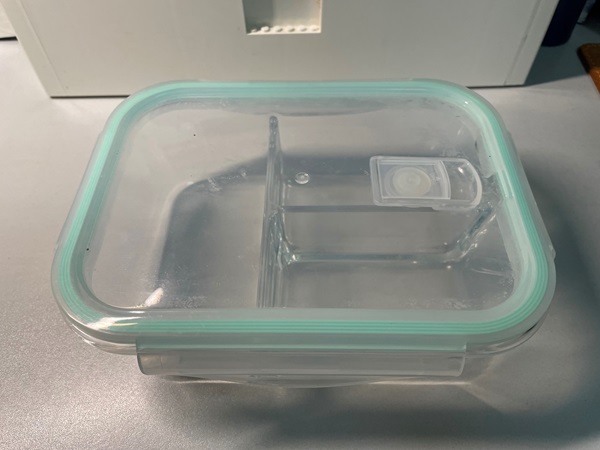
One year has passed, yet the habit of using reusable food containers instead of disposable ones remained among many SISU students.
I have noticed a recycling bin next to the campus courier station since 2021. After opening the package, most SISU students conscientiously dispose of the wrapping materials in the recycling bin. This practice not only reduces the demand for new packaging materials, thus conserving energy, but also diminishes greenhouse gas emissions associated with the manufacturing process. Additionally, it serves as an effective measure to prevent packages from ending up in landfills or polluting natural habitats.
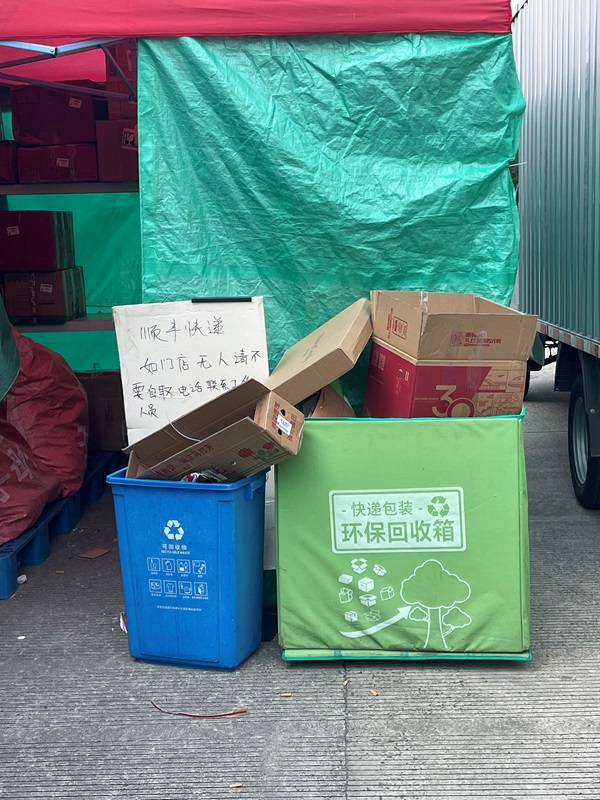
Rachel Carson, an American biologist, ended her influential book "Silent Spring" by alluding to Robert Frost's poem, "The Road Not Taken": "We stand now where two roads diverge," she wrote. "The road we have long been traveling is deceptively easy, a smooth superhighway on which we progress with great speed, but at its end lies disaster," she wrote. "The other fork of the road — the one less traveled by — offers our last, our only chance to reach a destination that assures the preservation of our earth."
Daniel suggested I not order takeaway food anymore "for the sake of future generations. ""To tackle the plastic pollution crisis, our individuals should shift behaviors to avoid single-use plastic," said Daniel. "That's one small step for man, one giant leap for mankind."
What he said affords much food for thought, indeed.


